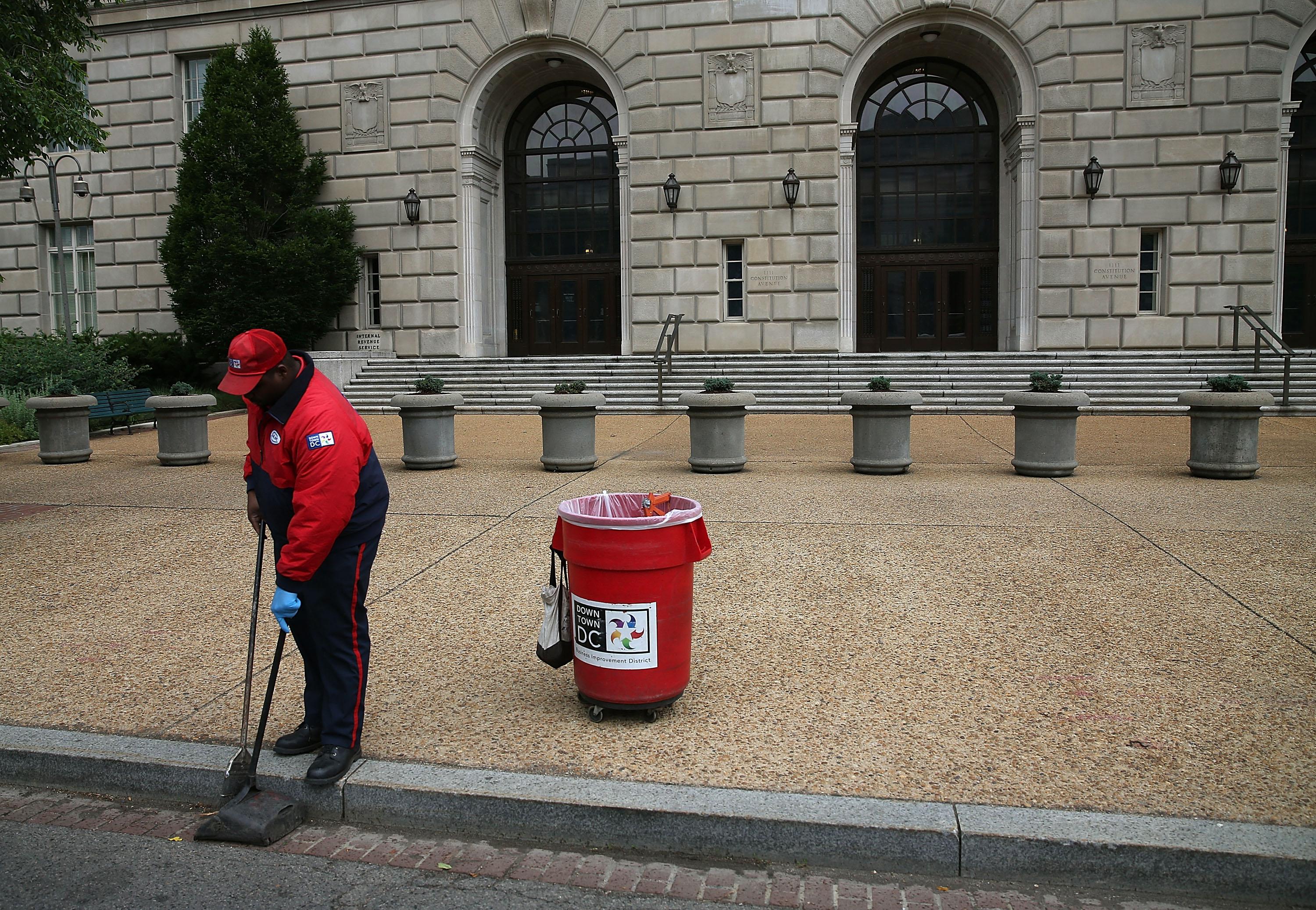When I wrote my previous skeptical post about a “jobs guarantee,” I hadn’t quite realized that this idea is an element of the catechism of Modern Monetary Theory. I think MMT proponents have a lot of excellent points to make and that an awful lot of people in Washington, D.C., would do well to expand their intellectual horizons and conceptual diet with a bit more MMT reading. At the same time, decades of unwarranted marginalization in the economics profession have instilled in Team MMT a certain spirit of sectarian dogmatism that I think sometimes impedes clear thinking.
As I see it, the idea of a “jobs guarantee” bundles two concepts:
- Should there be a program in which money is given to people who can’t find jobs in the labor market?
- Should receipt of that money be made conditional on performing make-work labor for the government?
My view is “yes” and “no” and therefore that we should have a generous welfare state but not a federal jobs guarantee. When left-wing people say they want a jobs guarantee, I take it that they are saying they want more generous treatment of jobless people and a floor on living standards. Those are fine ideas. But why insist on delivering that generosity in the specific form of “here’s a make-work job for you to do in exchange for a check”? Why not just hand over the check? That way you don’t need to cut as many checks to people supervising the work, obtaining the equipment to do the work, etc.
Now obviously none of this is to dispute the uncontroversial view that at any given time a certain number of people should be working for the government (teachers, cops, bus drivers, etc.) or that short-term surges of public sector employment (in, for example, construction) should be on the table as a counter-cyclical measure.
